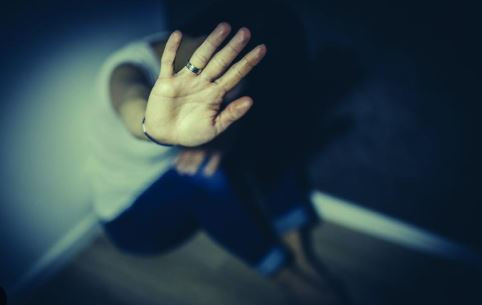
According to Dr John Njuguna, a survivor should go to the hospital after sexual abuse for two reasons. One, for her to receive treatment as well as receive prophylaxis against deadly STIs, and prevent an unwanted pregnancy. Reason number two is to collect and preserve evidence that will be essential in obtaining justice.
He says: “We collect evidence first by observing and recording physical trauma sustained by the survivor. We do a vaginal swab to collect biological evidence for forensic analysis.”
The evidence collected by the doctor, or a clinician, will be integral to the arrest and successful prosecution of the perpetrator.
“In a court of law, the case is purely based on evidence. It is, therefore, critical that survivors are supported to access health centres where they are not only treated but also, critically, have evidence collected and documented to support the case for justice to be achieved,” says Judy Gitau, an Advocate of the High Court of Kenya.
Gitau also serves as the regional coordinator for Africa at Equality Now – an international non-governmental with a project dubbed ‘Gender Justice ‘on ending sexual violence.
In Busia County, Equality Now has partnered with the Rural Education and Economic Enhancement Programme (REEP), a local organization, to provide both legal and practical assistance to survivors of SGBV to access justice and overcome barriers that stall their cases.
“One of the issues we have documented, that contributes to survivor’s not accessing justice, is missing or incomplete evidence owing to delayed access to clinicians,” says Gitau.
Lilian Lewa is the Principal magistrate and Head of Station at Kwale Law Courts. She says: “For successful conviction, the evidence should be systematic and harmonious in a manner that does not leave me, as the ‘judge’, to doubt if the actual perpetrator could potentially be someone else altogether and not the one presented in court.”
- After the trauma, finding pathways to healing
Keep Reading
How can you ensure that the evidence is complete and strong enough to achieve a conviction?
“The standard timeline given for the survivor to show up at the hospital is 72 hours (three days). It is within this period that evidence would most likely be still available. It is also within this period that we can prevent an unwanted pregnancy from developing and also preventing STIs from taking root in your body. Remember, diseases such as HIV and Hepatitis B, once established, remain incurable.
“But, when I am talking to women, girls or parents, I tell them come immediately after the assault. This increases the chance for us to collect incriminating evidence that points directly at the perpetrator. Therefore, do not wait any longer; do not go home and wait a day to pass; come immediately,” he says.
The aftermath of an assault may prompt one to first want to clean up. Dr Njuguna advises against such a move.
“Do not take a bath and do not change your clothes. If you do, you’ll wash away all the valuable evidence. As for clothes, they could hold valuable clues such as the scene where it happened, the amount of struggle involved, blood and semen samples, all of whom would help us identify the perpetrator.”
Lilian Twala, a police officer who oversees the gender desk at Malaba police station, says that when a survivor comes to the station, she collects evidence such as, “the extent and type of the assault, where the incident took place, the time when it happened, if they can identify the perpetrator by name or specific description, and so on.”
Both the doctor and the police will be required to come to court as witnesses.
Dr Njuguna says a doctor [and a police officer] are credible sources of evidence in the judicial process against a perpetrator.
And for you, who may be thinking of committing rape or defilement, you should know that the law has already prescribed a sentence.
As per the Sexual Offences Act, rape attracts imprisonment for a term not less than 10 years; which can be extended to life imprisonment.
Defilement, against children under the age of 10 automatically attract a sentence of life in prison.
Gitau says: “No one should ever give up. By seeking and achieving justice, we make the society a lot safer; preventing the rapist from attacking anyone else.”
 The Standard Group Plc is a multi-media organization with investments in media
platforms spanning newspaper print
operations, television, radio broadcasting, digital and online services. The
Standard Group is recognized as a
leading multi-media house in Kenya with a key influence in matters of national
and international interest.
The Standard Group Plc is a multi-media organization with investments in media
platforms spanning newspaper print
operations, television, radio broadcasting, digital and online services. The
Standard Group is recognized as a
leading multi-media house in Kenya with a key influence in matters of national
and international interest.











